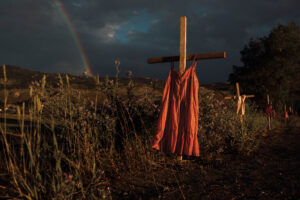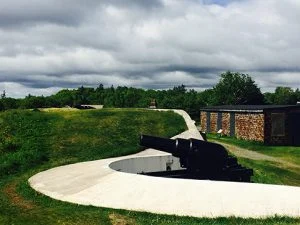“Better late than never” is the phrase that comes to mind with regard to Ottawa’s long overdue, yet much welcomed, announcement of the naming of Manitoba’s Portage La Prairie Residential School and Nova Scotia’s Shubenacadie Residential School as National Historic Sites on Sept. 1, 2020.
Five years after the delivery of the final report of the Truth and Reconciliation Commission of Canada and the 94 calls to action, which include calls for commemoration, the recognition is an important step in acknowledging truth and embracing moral courage and integrity as a country. In my view, designating the two residential school grounds as National Historic Sites is far more significant than another statue in Ottawa. This gives hope that these school properties will be funded by Ottawa, and developed under the guidance and direction of the survivors and communities, as sites of memory and conscience to amplify learning opportunities for Canadians, and the world, related to the genocidal policies and practices of Canada related to the residential school system.
To be sure, we still have a long way to go as a country. Perhaps we will see the day when the site of all 139 residential schools recognized in the Indian Residential Schools Settlement Agreement, and the 61 residential schools identified and acknowledged in Canadian Geographic’s Paths To Reconciliation initiative that were excluded from the IRSSA (published in its May/June 2020 issue), are recognized sites of conscience in a way that is deemed most appropriate by the Nations and communities impacted by their existence. We are a long way from having every child in this country educated in our schools as a matter of course about the country’s genocidal and systemically racist history as happens in Germany, Argentina and other countries. They are well ahead of us here in Canada.
But where there is movement, there is hope. Where there is change, learning is happening. Today we celebrate one more step in the right direction. Today we celebrate what Canada might still become.




